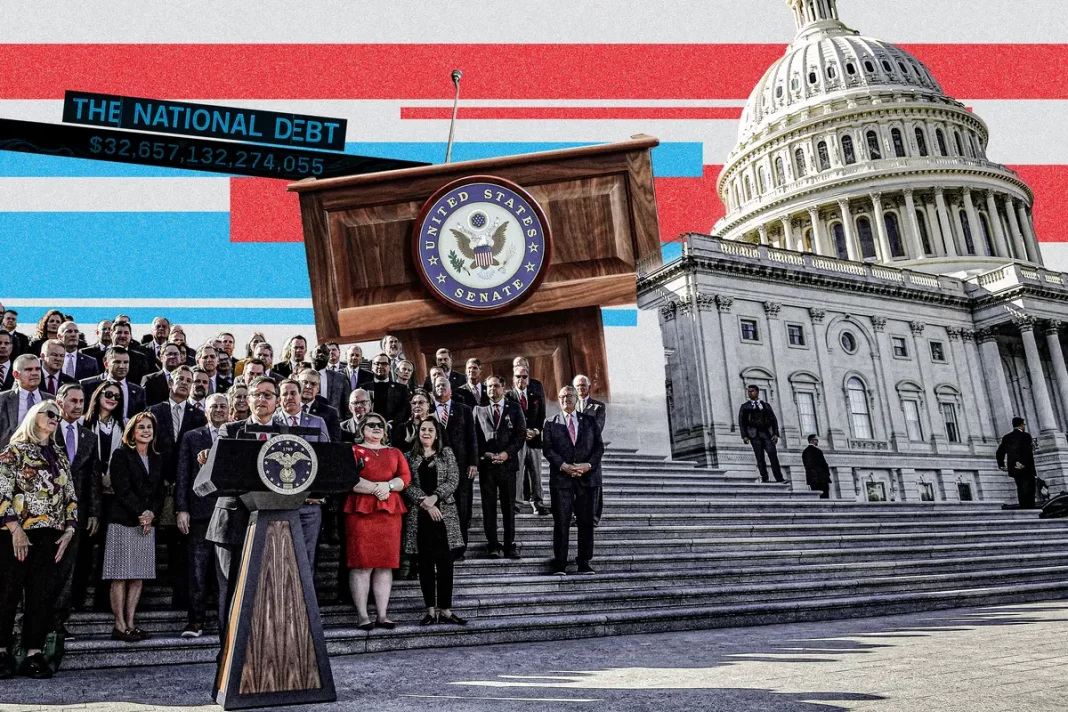The divided 118th Congress, which has so far been incapable of passing major legislation, faces a slew of deadlines in the first weeks of the new year.
The near-evenly divided House and Senate resume their two-year experiment back in Washington at the halfway point on Jan. 8.
Democrats hold a two-seat majority in the Senate, while Republicans have just a six-seat advantage in the House—a combination that has thwarted progress on nearly every piece of significant legislation in the 118th Congress.
During its first session, this Congress proved incapable of passing the 12 statutorily required annual spending bills, agreeing on long-term funding for the nation’s air traffic system, or deciding the fate of a controversial 9/11-era surveillance law.
Now, with as many as 10,000 people illegally entering the country each day, wars raging in Eastern Europe and the Middle East, and a potential government shutdown just days away, Speaker Mike Johnson (R-La.) and Senate Majority Leader Chuck Schumer (D-N.Y.) must work quickly to resolve thorny issues that have defied solution for months, in some cases decades.
Here’s what’s in store for Congress upon its return.
Budget, Border, Ukraine Tangle
The security of the southern border, U.S. policy on Ukraine, and domestic spending for the current fiscal year are now knotted into a single, tangled ball of yarn.
President Joe Biden requested $106 billion in supplemental spending, primarily to aid U.S. allies, in the fall. Additional military aid for Ukraine accounted for $45 billion of that request.
House Republicans quickly severed the various portions of the request so that each could be considered separately.
They approved additional aid for Ukraine but included the provisions of H.R. 2, the Secure the Border Act, in the bill.
Mr. Johnson informed senators in October that the House wouldn’t send additional aid to Ukraine unless the Senate adopted those border security provisions.
Senate negotiators attempted to work out a deal for two months—and continue to do so—but no agreement has been reached.
The big sticking points for Republicans are the “Remain in Mexico” policy, which they want reinstated, and changes to the process for seeking asylum. The GOP is keen to end the practice of “catch-and-release.” The implementation of E-Verify, a nationwide system for verifying a person’s eligibility to work in the United States, is also an issue.









